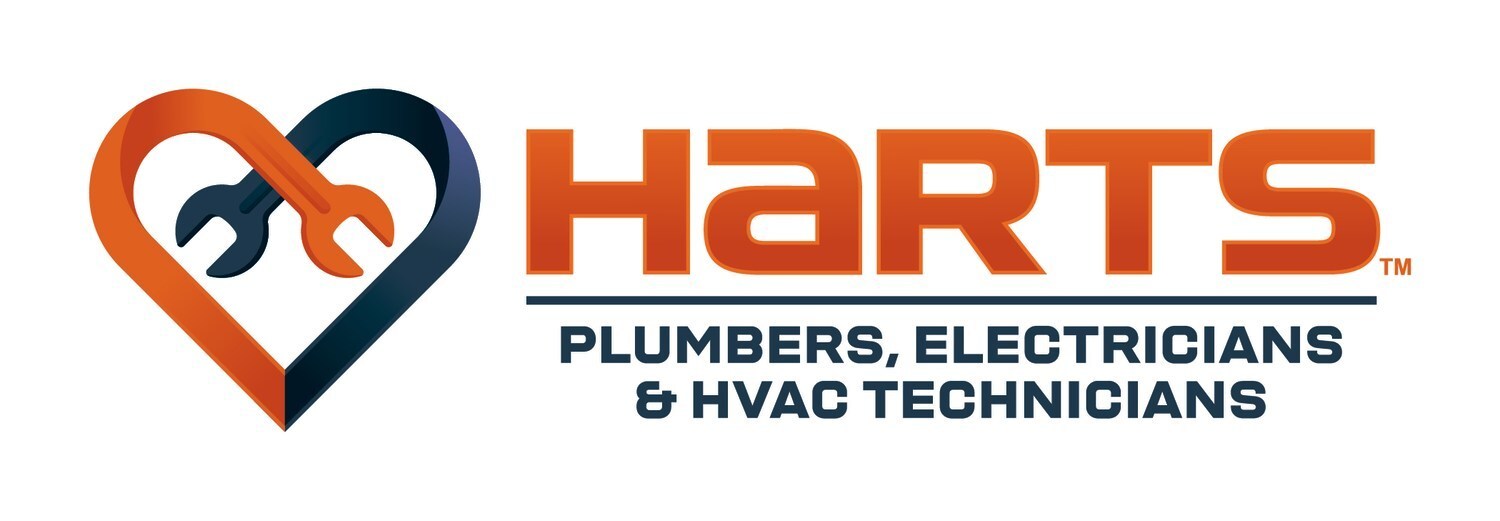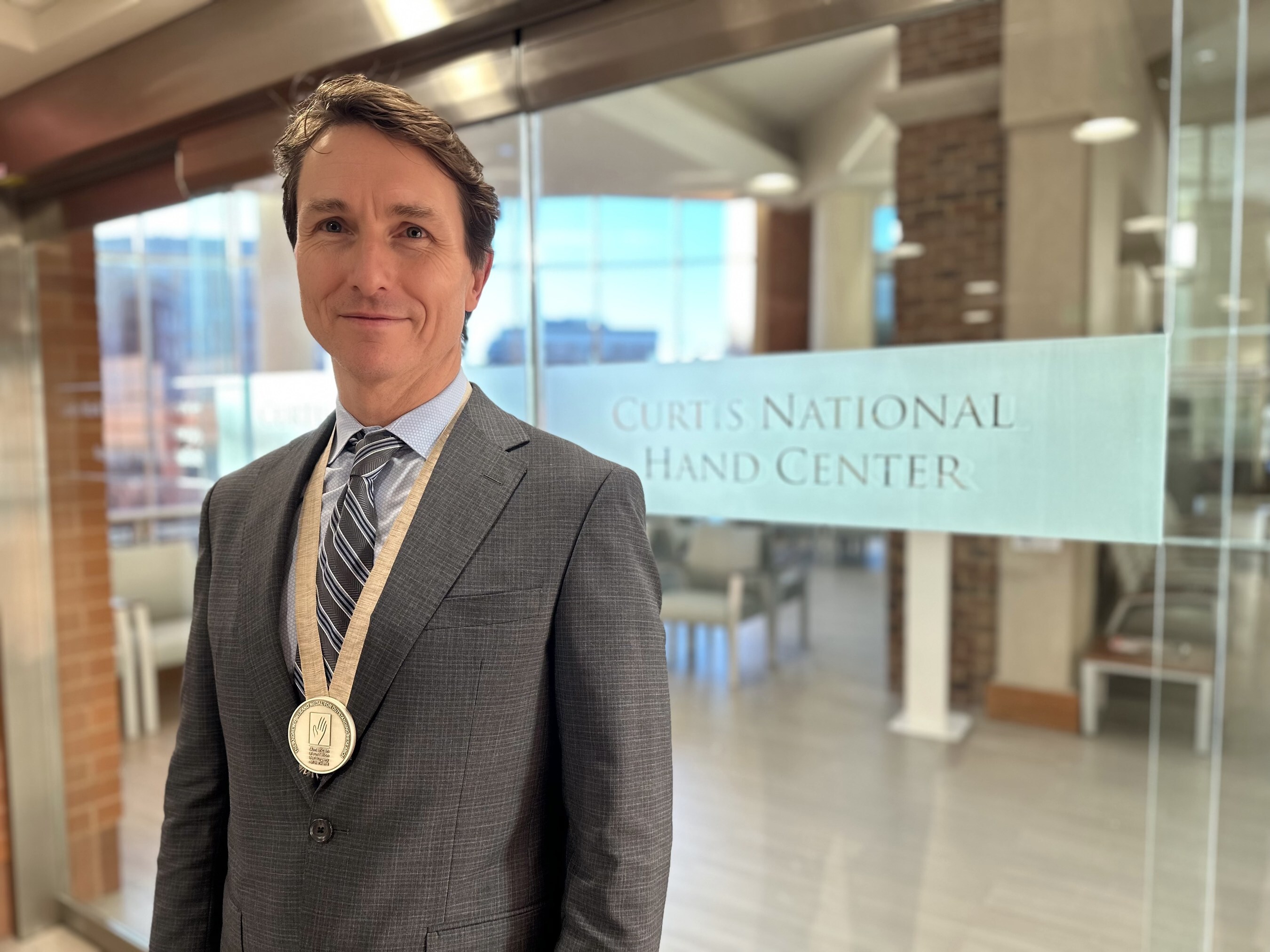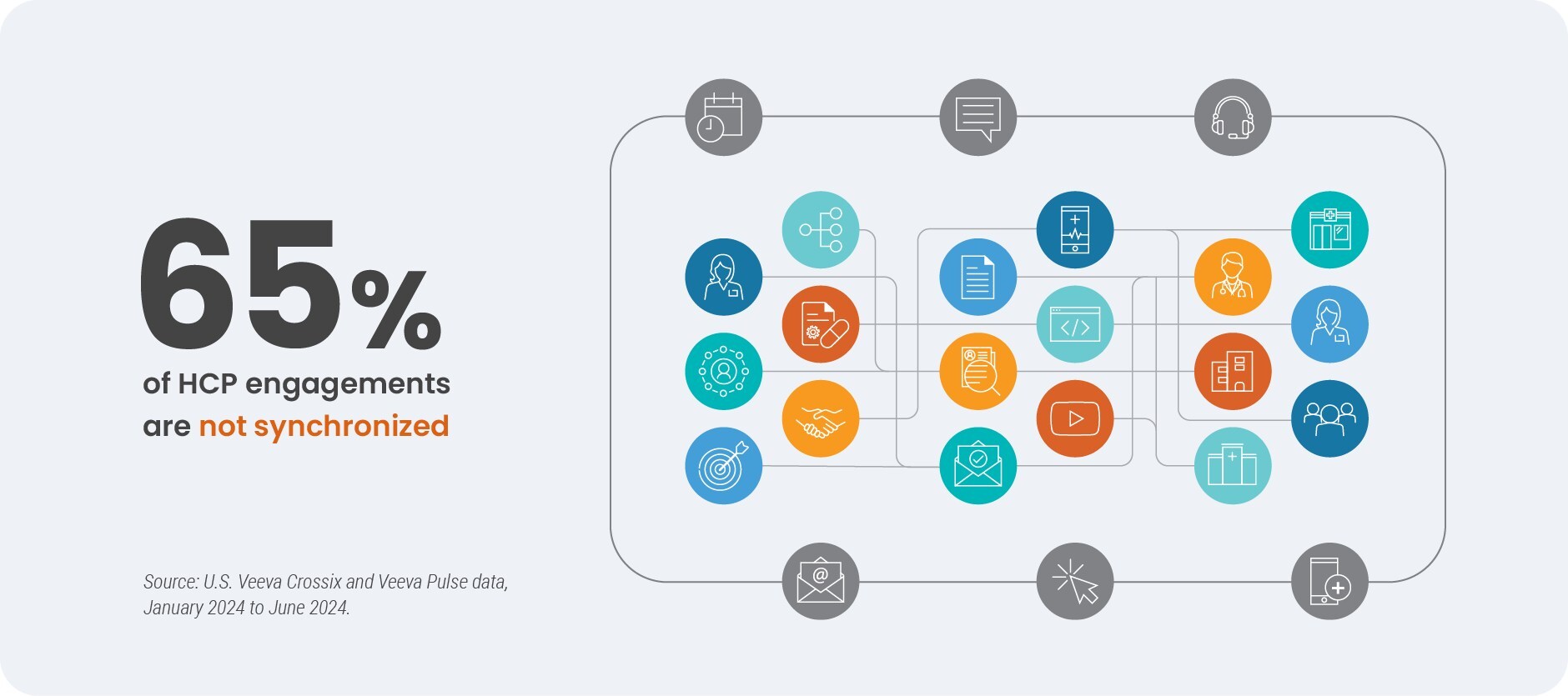
It’s time for the provincial government to stop dragging its heels on paying for a pair of injections that can protect the very young and the very old from a potentially dangerous virus — respiratory syncytial virus, or RSV. Read this article for free: Already have an account? To continue reading, please subscribe: * It’s time for the provincial government to stop dragging its heels on paying for a pair of injections that can protect the very young and the very old from a potentially dangerous virus — respiratory syncytial virus, or RSV. Read unlimited articles for free today: Already have an account? Opinion It’s time for the provincial government to stop dragging its heels on paying for a pair of injections that can protect the very young and the very old from a potentially dangerous virus — respiratory syncytial virus, or RSV.
Two different shots are available — one for the elderly, the other for infants — and it’s fair to say that, without provincial support, many of the elderly and all of the infants will be unable to get the treatments. The virus is a common one, but in the elderly and infants, it can have severe outcomes. File An electron microscope image of human respiratory syncytial virus (RSV) virions, provided by the U.
S. National Institutes of Health. It’s not unreasonable to suggest that protecting those who are at most risk from contracting RSV could actually save the health-care system money.
After all, hospital stays are not cheap, and both seniors and infants with RSV can require inpatient care. For seniors, an RSV shot costs more than $200. (An RSV shot is provided for free by the province for residents over the age of 60 in personal care homes.
) But compared to the cost of a single-day stay in a Manitoba hospital in 2021-22 — $8,560 — it’s easy to see, strictly from the fiscal point of view, that funding the shots makes sense. From a humane point of view, it makes even more sense; the elderly can die of the virus, particularly when they are compromised by other illnesses. The costs for children are also high, because the effects of the virus can be not only short-term, but much longer-lasting.
The U.S. Center for Disease Control points out that most children will have had RSV by age two, and for many of them, the effects are similar to the common cold.
But on average, out of every 100 children under the age of six months who get the virus, two to three will require hospital care, generally inpatient care, for several days. (In the U.S.
, that equates to 58,000 to 80,000 children a year having to have hospital treatments.) Over the past two years, an average of 153 Manitoban children under the age of two have been hospitalized as a result of RSV. The disease can also progress to bronchiolitis and pneumonia, and some studies have linked the disease to nerve damage, where it can cause neurological and developmental disorders later in life.
The RSV shot for children is a monoclonal antibody, a single shot costing $1,000, one which helps their still-developing immune system handle the virus. It is typically needed for a child’s first year facing RSV, which peaks between October and April — indoor months when the virus can spread rapidly in families. The shot reduces the risk of hospitalization for RSV infections by 80 per cent, meaning something close to 120 infants could avoid an RSV-related hospital stay.
Offering a free shot here would hardly be ground-breaking — governments in Quebec, Ontario and the Northwest Territories are already offering the shots for children. Yukon and Nunavut have also announced they’ll be funding the treatment. Winnipeg Jets Game Days On Winnipeg Jets game days, hockey writers Mike McIntyre and Ken Wiebe send news, notes and quotes from the morning skate, as well as injury updates and lineup decisions.
Arrives a few hours prior to puck drop. But here, the government is taking a wait-and-see approach, even as other provinces move ahead. The cold, hard facts are that, for many seniors, the RSV vaccine’s price tag simply puts the drug financially out of reach.
For Manitoba parents who want to vaccinate their children, the problem is even more acute: not only is the price of the drug for children higher, but its manufacturer simply isn’t making the drug available outside of provincially-funded vaccination programs. That means that, unless the province funds the shot, a child in Manitoba can’t be vaccinated at any price. Watching RSV take its toll while there is a clear alternative simply seems cruel.
Advertisement Advertisement.










